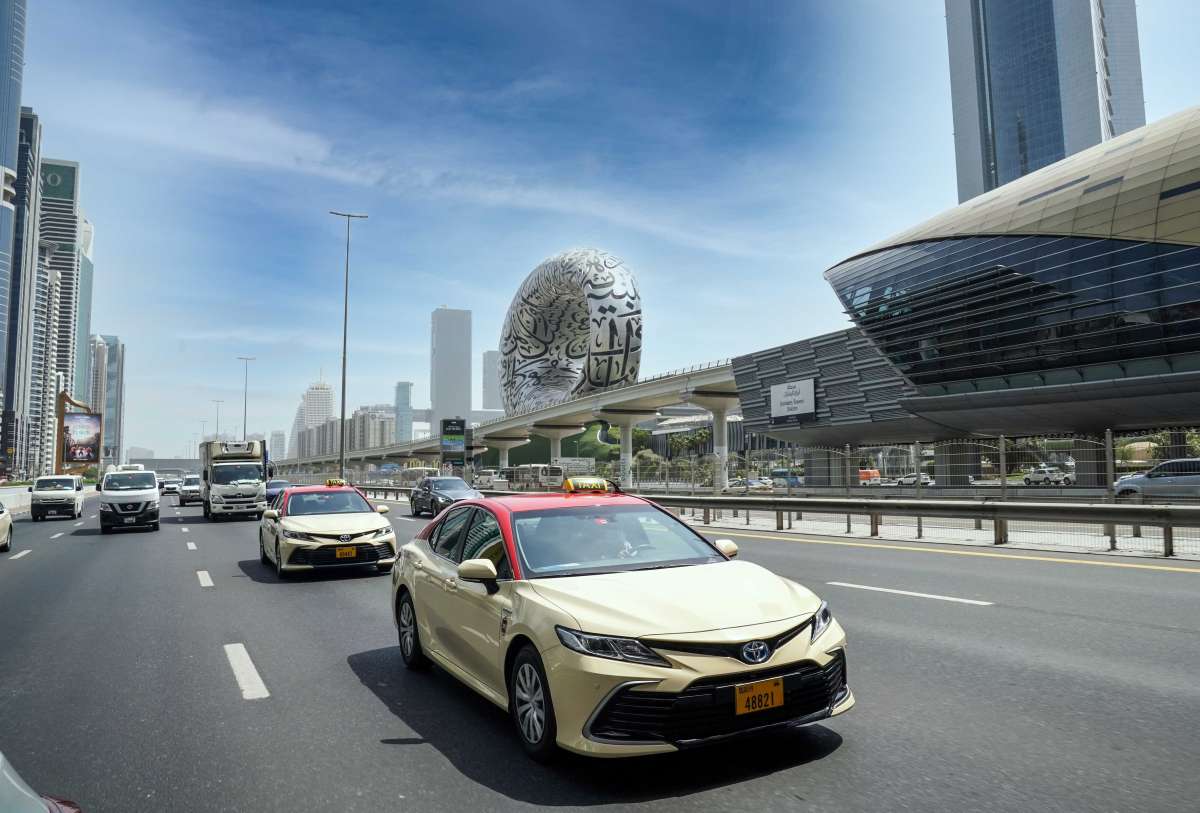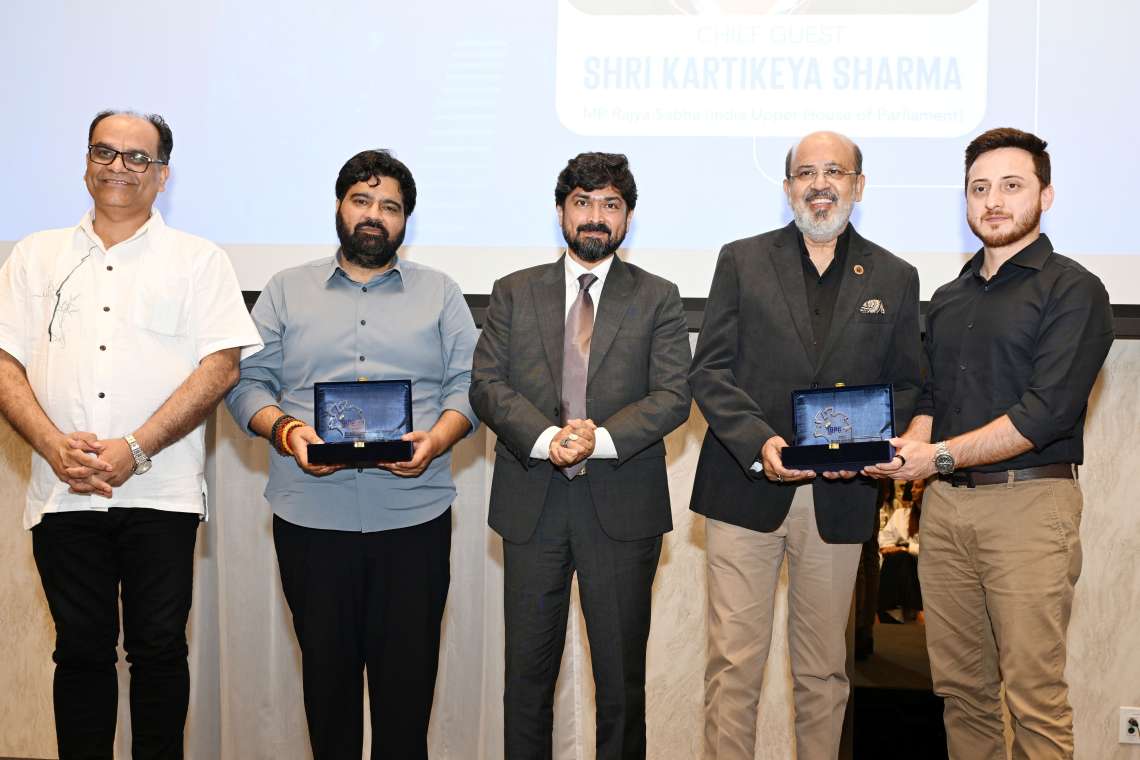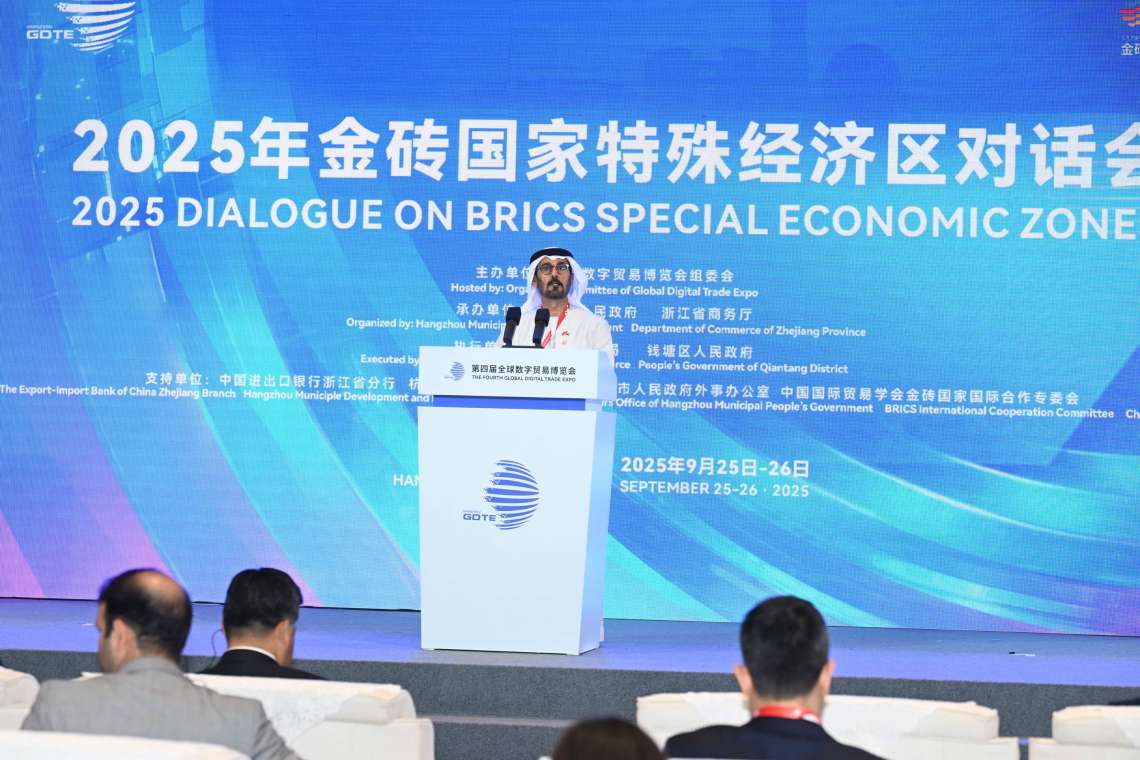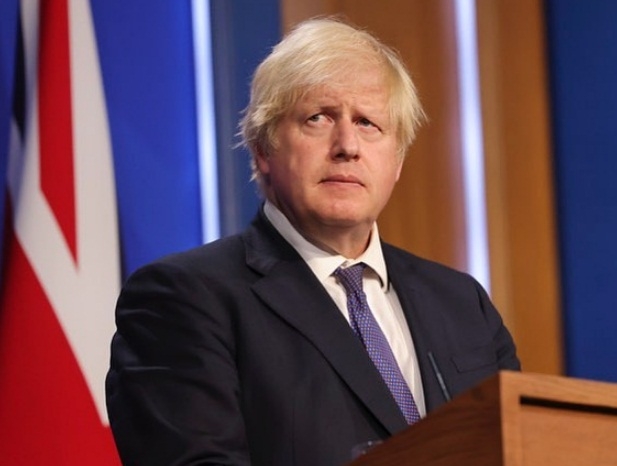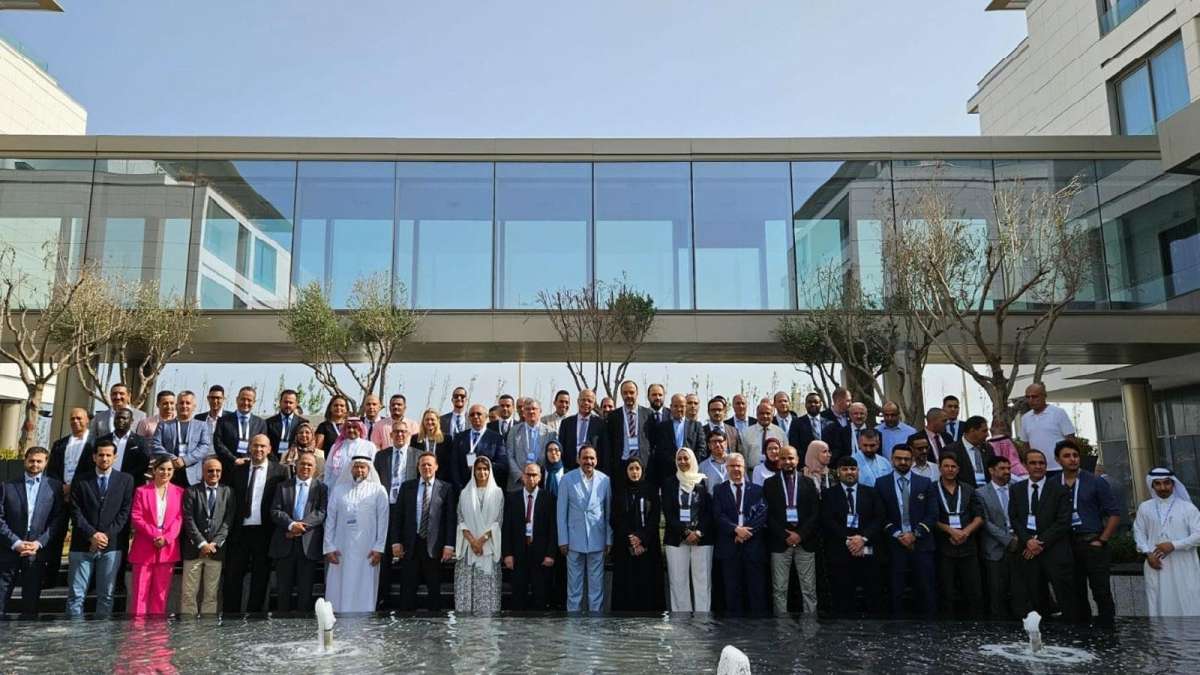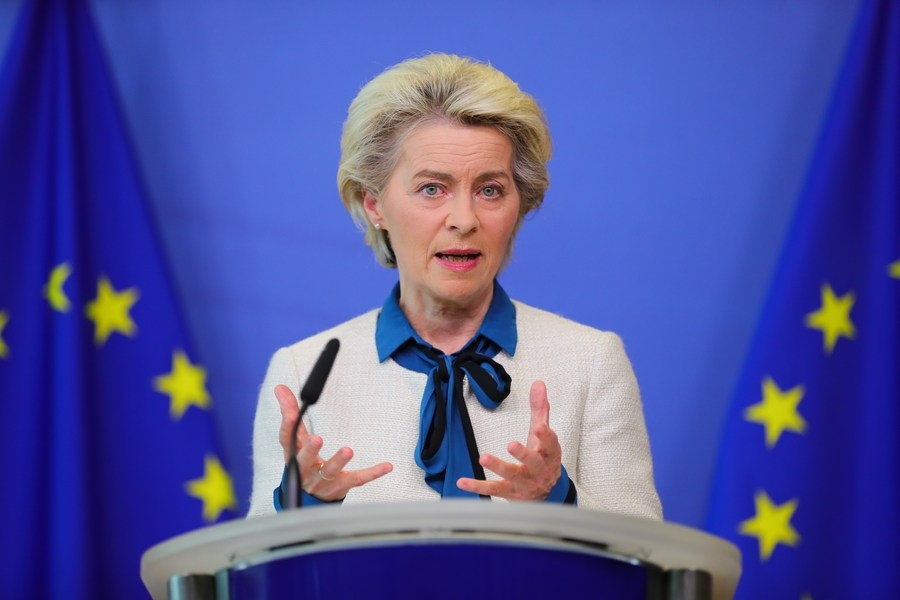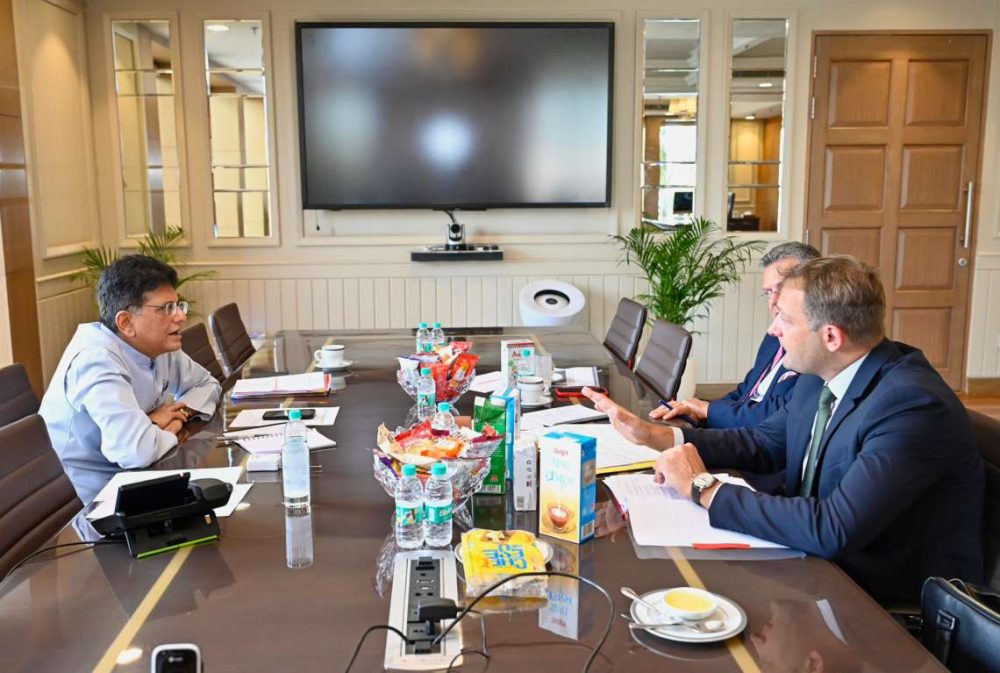The approach aims to achieve numerous strategic objectives, which are emphasized by factors such as digital mobility, effective functioning, financial stability, the well-being of individuals, and the formation of future outcomes….reports Asian Lite News
Dubai Taxi Corporation (DTC), a subsidiary of the Roads and Transport Authority (RTA), has launched its strategic plan for digital transformation 2022-2025.
This strategy seeks to accomplish a host of strategic goals highlighted by digital mobility, excellent operation, financial sustainability, people’s happiness, and shaping the future.
The strategy is built on 9 key drivers namely: artificial intelligence, smart revenues, the Internet of things, smart city, big data, governance, security systems & upgraded systems, process automation & paperless initiatives, future transformation, and smart services.
Artificial Intelligence
The 9 key drivers of DTC’s digital transformation strategy encompass 45 initiatives including artificial intelligence. These initiatives include an automated AI response (chatbot) to the customers inquiries, a voice virtual assistance at the call centre to respond to customer requests and inquiries, a system for Taxi Demand Prediction to distribute vehicles according to the entered data, and Driver Face Recognition System to verify the driver’s identity and comply with the security measures if the vehicle is used only by an unauthorised driver.
The AI driver also includes an initiative to develop a Customer Voice Recognition System to verify the customer’s identity and use Augmented Reality to improve the customer experience and promote DTC’s services. It also includes the installation of onboard sensors and linking them to the internal systems to receive notifications before the occurrence of malfunctions, studying the set-up of an integrated system for registering companies supplying foreign workers on the supply platform, and strengthening communication with companies toward improving DTC’s performance in attracting and appointing drivers.
Smart Revenues and the IoT
The smart revenue includes the development of points of interest on the DTC App that provides business highlights, a school bus trip tracking system that allows parents to track trips, simplify and automate administrative procedures, and the ability to pay through the portal. The Internet of Things focuses on developing a system for automating procedures and processes using artificial intelligence.
Smart City and Big Data
The smart city is concerned with DTC’s e-service integration with the service sites and providing them to external customers. The big data includes a smart scale for rating drivers’ performance by clients using DTC App. It also includes restructuring data in DTC’s data centres to assist in the integration and analysis of data to support decision-making and foresee the future. It also brings all services under DTC’s single platform, which facilitates the customer’s accessibility to DTC’s services, and another system that links DTC’s external and internal systems (Integration layer – API connector) through secure channels to streamline the linking of new systems with existing systems.
This initiative focuses on protecting DTC’s database and monitoring systems to prevent disruptions caused by server downtime.
Process Automation and Paperless Strategy
This aspect is centred around initiatives that cater to the employees, such as introducing an attendance management system, collaborating with the Dubai Government’s digital recruitment platform (recruitment and onboarding), and automating a smart educational system tailored for a smart driver learning system (LMS). It also includes the paperless initiative aimed to minimise and automate DTC’s paper process transactions and develop a plan to cut down on the use of paper transactions and carbon emissions.
Future Transformation and Smart Services
The future transformation focuses on building a system to manage passenger movement for obtaining taxi and limousine services at Dubai airports, developing a Drivers Airport Queuing System for taxis and limousines at Dubai airports, and studying constructing a virtual control centre that enables control centre staff access to the systems from any location. The strategy includes the smart services concerned with the integration of customer relation management system, and developing and automating additional services for drivers, employees and suppliers.


